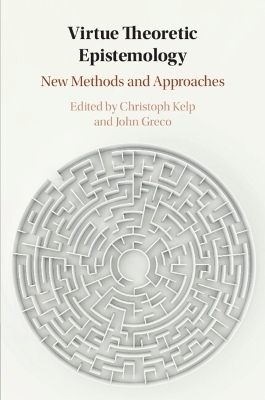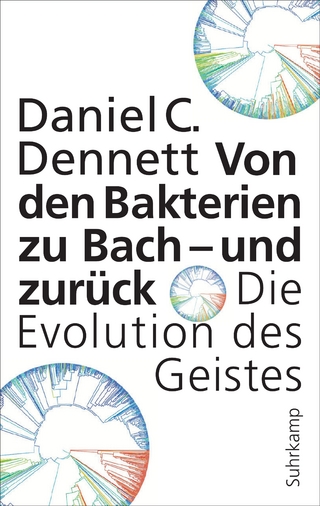
Virtue Theoretic Epistemology
Cambridge University Press (Verlag)
978-1-108-74046-3 (ISBN)
Virtue epistemology is one of the most flourishing research programmes in contemporary epistemology. Its defining thesis is that properties of agents and groups are the primary focus of epistemic theorising. Within virtue epistemology two key strands can be distinguished: virtue reliabilism, which focuses on agent properties that are strongly truth-conducive, such as perceptual and inferential abilities of agents; and virtue responsibilism, which focuses on intellectual virtues in the sense of character traits of agents, such as open-mindedness and intellectual courage. This volume brings together ten new essays on virtue epistemology, with contributions to both of its key strands, written by leading authors in the field. It will advance the state of the art and provide readers with a valuable overview of what virtue epistemology has achieved.
Christoph Kelp is a Senior Lecturer in Philosophy at the University of Glasgow. He is the author of Good Thinking: A Knowledge First Virtue Epistemology (2018) and winner of the 2017 Young Epistemologist Prize. John Greco holds the McDevitt Chair in Philosophy at Georgetown University, Washington DC. His publications include Achieving Knowledge: A Virtue-theoretic Account of Epistemic Normativity (Cambridge, 2010) and The Transmission of Knowledge (Cambridge, forthcoming).
Introduction. Virtue theoretic epistemology Christoph Kelp; 1. Closed-mindedness as an intellectual vice Heather Battaly; 2. Epistemic virtues and virtues with epistemic content Cameron Boult, Christoph Kelp, Johanna Schnurr and Mona Simion; 3. Difficulty and knowledge Fernando Broncano-Berrocal; 4. What is epistemic entitlement? Reliable competence, reasons, inference, access Peter Graham; 5. Knowledge-producing abilities John Greco; 6. Virtue epistemology, two kinds of internalism, and the intelligibility problem Jonathan Kvanvig; 7. Knowledge is extrinsically apt belief: virtue epistemology and the temporal objection Anne Meylan; 8. Explaining knowledge Alan Millar; 9. Anti-risk virtue epistemology Duncan Pritchard; 10. Responsibilism within reason Kurt Sylvan.
| Erscheinungsdatum | 24.10.2022 |
|---|---|
| Zusatzinfo | Worked examples or Exercises; 5 Line drawings, black and white |
| Verlagsort | Cambridge |
| Sprache | englisch |
| Maße | 152 x 229 mm |
| Gewicht | 369 g |
| Themenwelt | Geisteswissenschaften ► Philosophie ► Erkenntnistheorie / Wissenschaftstheorie |
| Geisteswissenschaften ► Philosophie ► Metaphysik / Ontologie | |
| Geisteswissenschaften ► Philosophie ► Philosophie der Neuzeit | |
| ISBN-10 | 1-108-74046-4 / 1108740464 |
| ISBN-13 | 978-1-108-74046-3 / 9781108740463 |
| Zustand | Neuware |
| Informationen gemäß Produktsicherheitsverordnung (GPSR) | |
| Haben Sie eine Frage zum Produkt? |
aus dem Bereich
![Was heißt Denken?. Vorlesung Wintersemester 1951/52. [Was bedeutet das alles?] - Martin Heidegger](/media/113619842)

